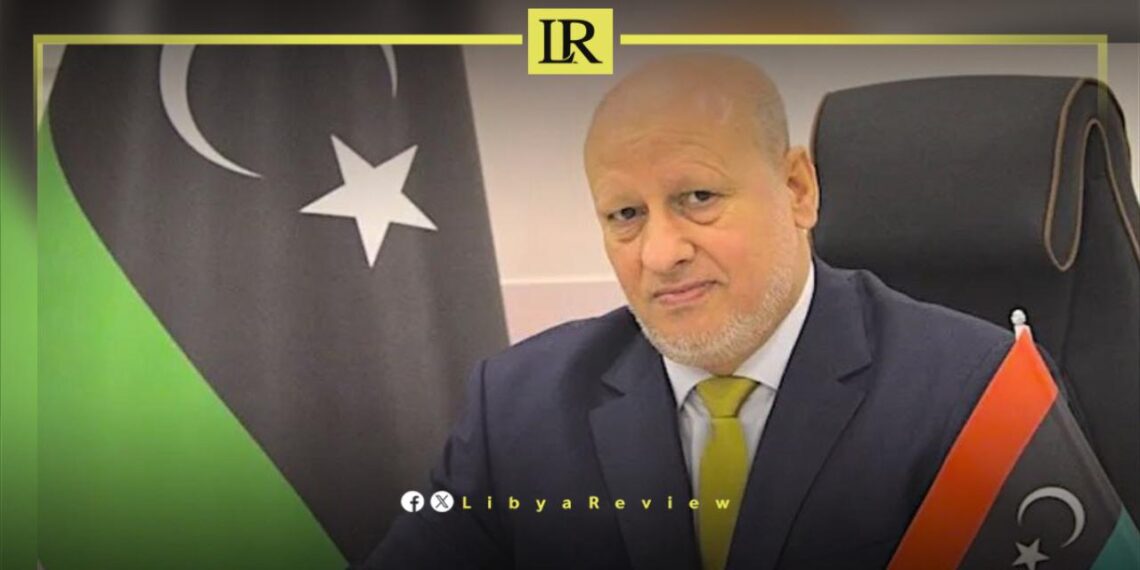Mohamed Sowan, the leader of the Democratic Party, has stated that “Dbaiba says we will not accept the (6+6) laws, which means he will not agree to any laws as long as he holds power.”
In a press statement, Mohamed Sowan, identified as a member of the Muslim Brotherhood, added, “The existence of two governments leads to a race for spending, resulting in billions being wasted.”
He pointed out that “the head of the parliament monopolizes it, essentially putting it in his pocket and suitcase,” noting that “the Central Bank initially cooperated with the government but is now showing the red card, stating it cannot meet salary payments.”
Sowan concluded by mentioning his meetings with some political parties in Doha, where he asked them to pressure the Turkish authorities to urge Al-Sarraj to swiftly sign the agreement with Turkey, despite objections from Sayala to the agreement.
Libya has been in chaos since a NATO-backed uprising toppled longtime leader Muammar Gaddafi in 2011. The county has for years been split between rival administrations.
Libya’s economy, heavily reliant on oil, has suffered due to the ongoing conflict. The instability has led to fluctuations in oil production and prices, impacting the global oil market and Libya’s economy.
The conflict has led to a significant humanitarian crisis in Libya, with thousands of people killed, and many more displaced. Migrants and refugees using Libya as a transit point to Europe have also faced dire conditions.
The planned elections for December 2021 were delayed due to disagreements over election laws and the eligibility of certain candidates. This delay has raised concerns about the feasibility of a peaceful political transition.
Despite the ceasefire, security remains a significant concern with sporadic fighting and the presence of mercenaries and foreign fighters. The unification of the military and the removal of foreign forces are crucial challenges.


